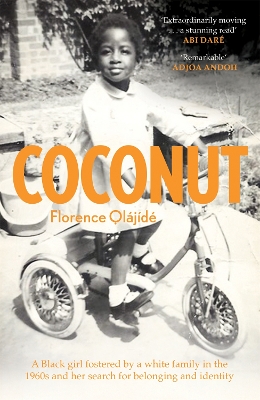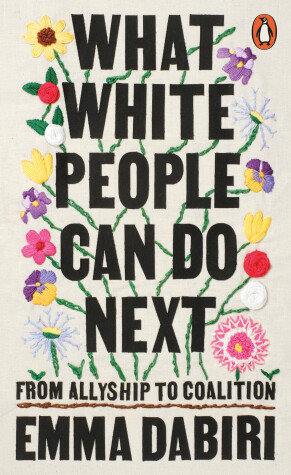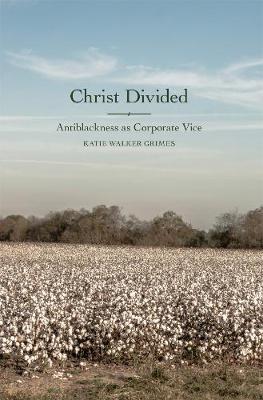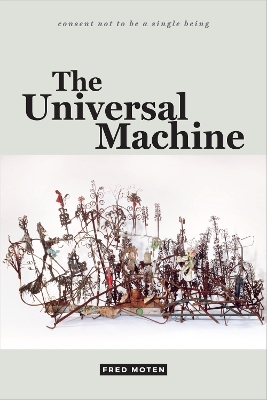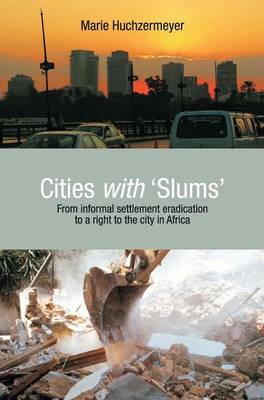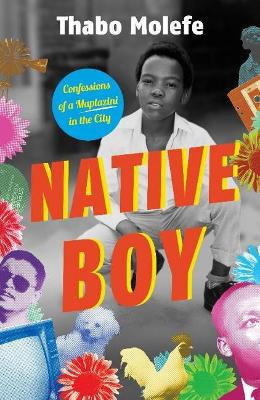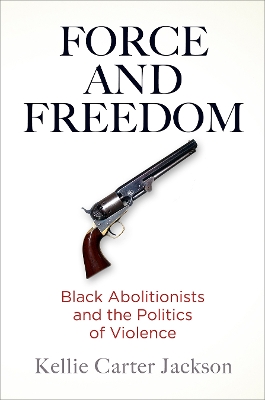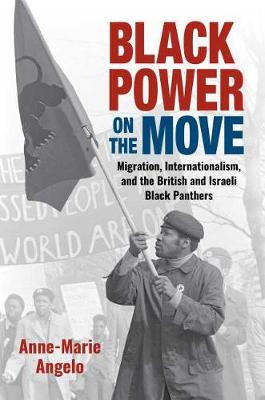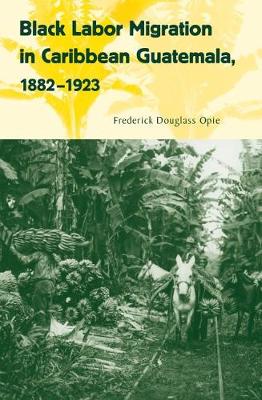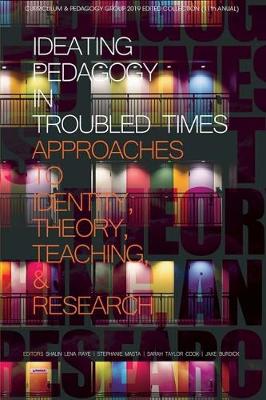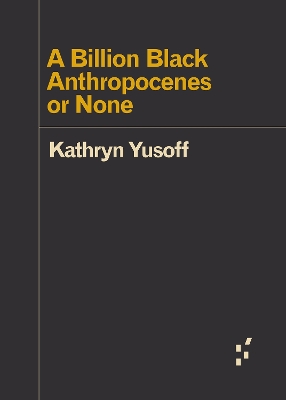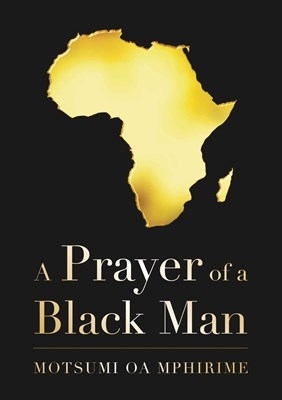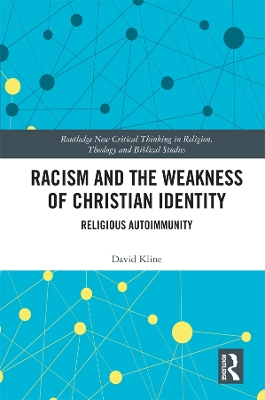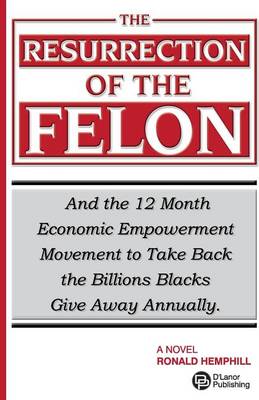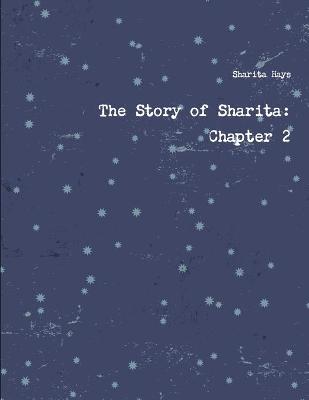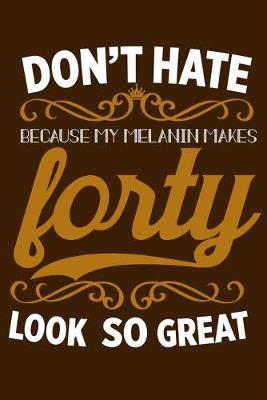'Why am I not white like everybody else?' Nan came and sat on the edge of my bed. 'What do you mean?' A tender finger brushed against my cheek. 'Well, everyone in this house is white. Why am I Black?'A generation of Nigerian children were born in Britain in the fifties and sixties, privately fostered by white families, then taken to Nigeria by their parents. Coconut is the story of one of those children.1963, North London. Nan fosters one-year-old Florence Olajide and calls her 'Ann.' Florence a...
THE SUNDAY TIMES AND IRISH TIMES BESTSELLER'An absolute blockbuster of clear thinking and new angles...the most clear, alliance building, shame removing look at race. Emma is once-in-a generation clever' Caitlin MoranWe need to talk about racial injustice in a different way: one that builds on the revolutionary ideas of the past and forges new connections. In this incisive, radical and practical essay, Emma Dabiri - acclaimed author of Don't Touch My Hair - draws on years of research and persona...
When Our Ship Comes in
African Intellectuals and Decolonization (Research in International Studies, Africa)
Decades after independence for most African states, the struggle for decolonization is still incomplete, as demonstrated by the fact that Africa remains associated in many Western minds with chaos, illness, and disorder. African and non-African scholars alike still struggle to establish the idea of African humanity, in all its diversity, and to move Africa beyond its historical role as the foil to the West. As this book shows, Africa's decolonization is an ongoing process across a range of fron...
Bringing the wisdom of generations of black Catholics into conversation with contemporary scholarly accounts of racism, Christ Divided diagnoses "antiblackness supremacy" as a corporate vice that inhabits the body of Christ. To truly understand racial inequality, theologians must acknowledge the existence of "antiblackness supremacy" and recognize its uniquely foundational role in prevailing processes of racialization and racial hierarchy. In addition to introducing a new framework of racial a...
"Taken as a trilogy, consent not to be a single being is a monumental accomplishment: a brilliant theoretical intervention that might be best described as a powerful case for blackness as a category of analysis."-Brent Hayes Edwards, author of Epistrophies: Jazz and the Literary Imagination In The Universal Machine-the concluding volume to his landmark trilogy consent not to be a single being-Fred Moten presents a suite of three essays on Emmanuel Levinas, Hannah Arendt, and Frantz Fanon, in w...
Cities with Slums: From Informal Settlement Eradication to a Right to the City in Africa
by Marie Huchzermeyer
Ota Benga Under My Mother's Roof (Palmetto Poetry)
by Carrie Allen McCray
In Ota Benga under My Mother's Roof, Carrie Allen McCray (1913-2008) uses poignant and personal verse to trace the ill-fated life of the Congolese pygmy who was famously exhibited in the Bronx Zoo in 1906 before being taken in by the McCray family of Lynchburg, Virginia. Rooted in the rich historical and autobiographic context of her own experiences with Benga, McCray offers compelling, dexterous poems that place Benga's story within the racial milieu of the early twentieth century as the burgeo...
Force and Freedom (America in the Nineteenth Century)
by Kellie Carter Jackson
From its origins in the 1750s, the white-led American abolitionist movement adhered to principles of "moral suasion" and nonviolent resistance as both religious tenet and political strategy. But by the 1850s, the population of enslaved Americans had increased exponentially, and such legislative efforts as the Fugitive Slave Act and the Supreme Court's 1857 ruling in the Dred Scott case effectively voided any rights black Americans held as enslaved or free people. As conditions deteriorated for A...
Black Power on the Move (Justice, Power and Politics)
by Anne-Marie Angelo
Though born in the American South in the mid-1960s, the Black Panther Party went global in the years between 1967 and 1972, capturing the imagination of people of color across the Caribbean, Africa, Asia, Europe, and the Middle East. In Black Power on the Move, Anne-Marie Angelo tells the story of two of the most powerful Black Panther movements outside the United States, showing how a distinctively American movement gave a name to a new, assertive international politics in the U.K. and Israel....
Black Labor Migration in Caribbean Guatemala, 1882-1923 (Working in the Americas)
by Frederick Douglass Opie
In the late nineteenth century, many Central American governments and countries sought to fill low-paying jobs and develop their economies by recruiting black American and West Indian labourers. Frederick Opie offers a revisionist interpretation of these workers, who were often depicted as simple victims with little, if any, enduring legacy. The Guatemalan government sought to build an extensive railroad system in the 1880s, and actively recruited foreign labour. For poor workers of Africa...
Ideating Pedagogy in Troubled Times (Curriculum and Pedagogy)
We began the call for this book by asking authors to ideate on activism -to take up and seek to extend- the interbraided values from the Curriculum and Pedagogy group's espoused mission and vision, collocating activist ideologies, theoretical traditions, and practical orientations as a means of creatively, reflectively, and productively responding to the increasingly dire social moment. This moment is framed by a landscape denigrated beyond even Pinar's (2004) original declaration of the present...
A Billion Black Anthropocenes or None (Forerunners: Ideas First)
by Kathryn Yusoff
Rewriting the “origin stories” of the Anthropocene No geology is neutral, writes Kathryn Yusoff. Tracing the color line of the Anthropocene, A Billion Black Anthropocenes or None examines how the grammar of geology is foundational to establishing the extractive economies of subjective life and the earth under colonialism and slavery. Yusoff initiates a transdisciplinary conversation between feminist black theory, geography, and the earth sciences, addressing the politics of the Anthropocene with...
Black Africa in Time Perspective
This book contains four talks given in 1988-89 by British historians on black African themes. They aim to set recent developments within a long-term historical perspective, and draws attention to the forces that are shaping societies. It is hoped that by delineating the major features of the common past of black peoples on the continent, their role in the future may be more constructively assessed.
Despite the command from Christ to love your neighbour, Western Christianity has continued to be afflicted by the evil of racism and the acts of violence that accompany it. Through a systems theoretical and deconstructive account of religion and the political theology of St. Paul, this book traces how the racism and violence of modern Western Christianity is a symptom of its failure to secure its own myth of sovereignty within a complex world of plurality. Divided into three sections, the book...
In 2006, I wrote Gil Scott-Heron while he was incarcerated in Collins Correctional Facility. In his response, he told me to always write and to share my words with the world. Shortly thereafter, I created my blog, Just My Thoughts. For almost a decade ive utilized that blog as a personal journal to document my experiences growing as a black woman in Baltimore, MD. This book is a adaption of that blog. Thank you for reading.
De Remnant Truth
by Robert Wilton Burton, Jake Mitchell, Kathryn Sport, and Bert Hitchcock
Don't Hate Because My Melanin Makes Forty Look So Great
by Karen Prints
